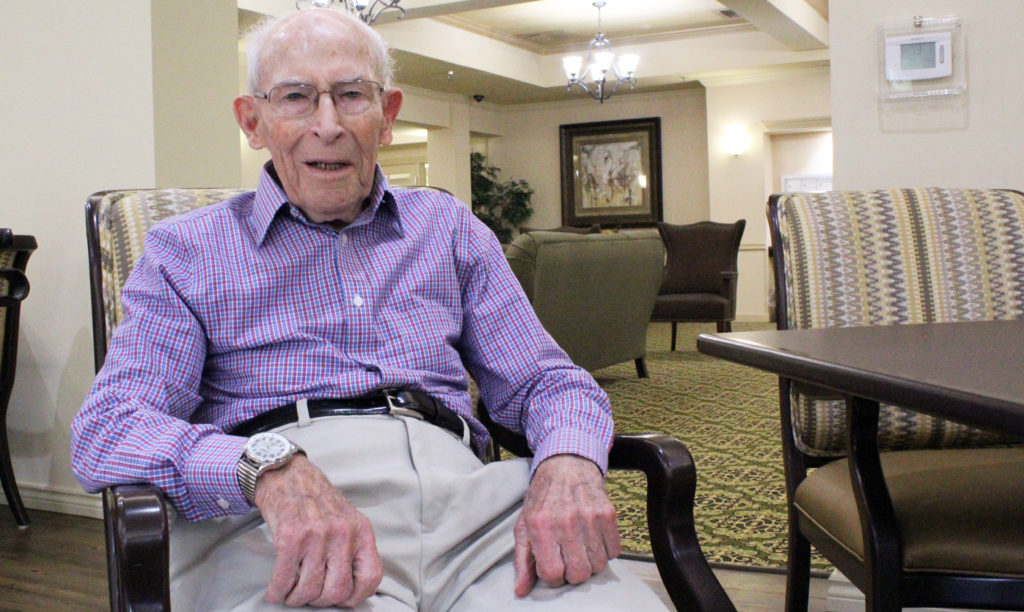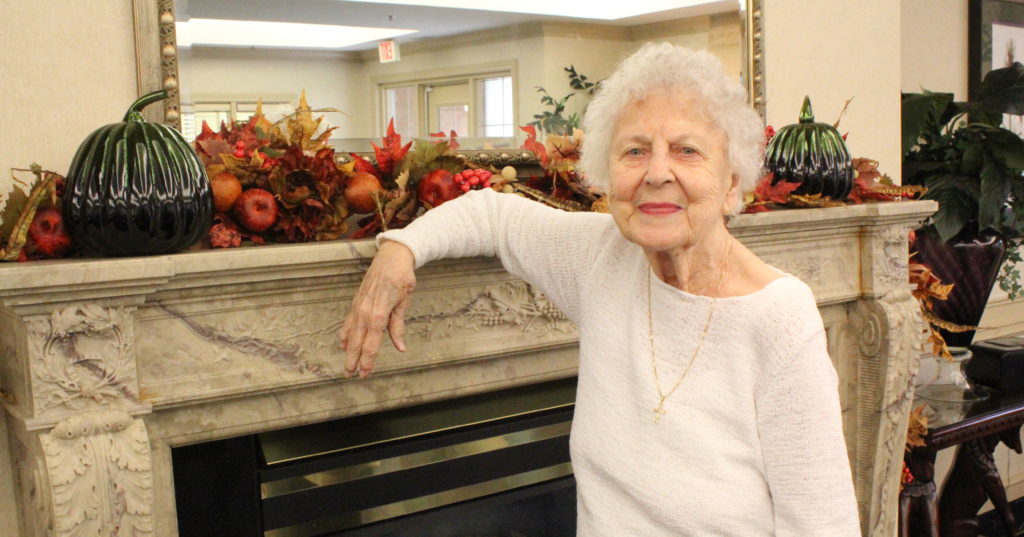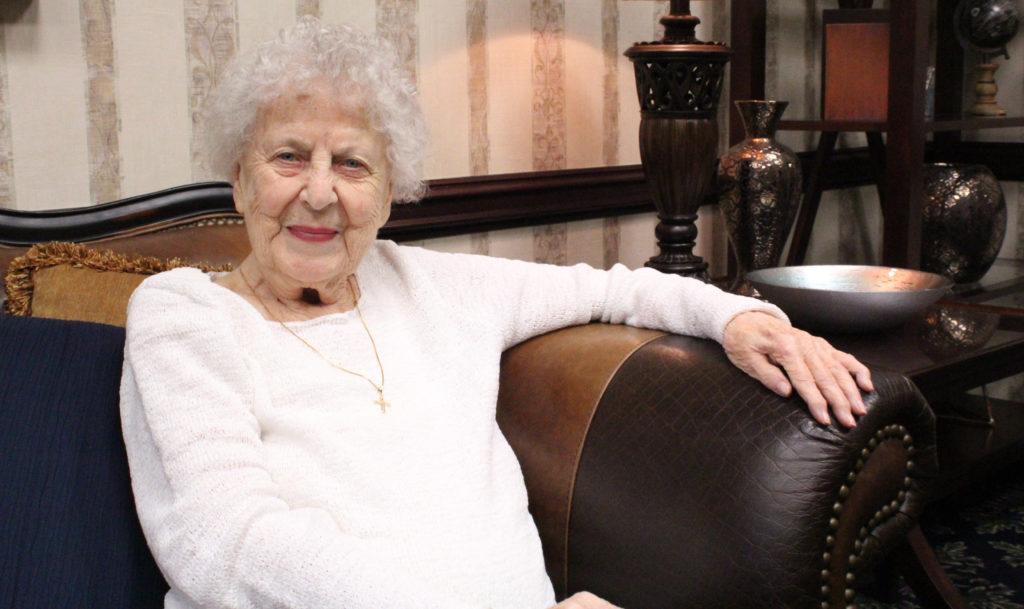With more than 16 million Americans serving in the armed forces during World War Two, many stories exist of the heroic efforts of soldiers and sailors, marines and pilots who bravely put themselves in harm’s way to help further the cause of freedom. And with those stories come tales of service and sacrifice that you don’t often hear – of specialized united and covert missions. Forrest’s story is one of those, and his work serving in the Army Air Force helped ensure an allied victory in the second war to end all wars.
Born in Detroit in the fall of 1919, Forrest, a resident of Oakmont Livonia, spent his early childhood just blocks from where he lives now. In the early 1920s, his father purchased an acre of land in a subdividing community known as Livonia and built a house for his young family. It was here Forrest and his parents would live until a job transfer took them down south to the Magnolia State.
“I was around 16 or 17, a junior in high school, when my dad got transferred from here to Jackson, Mississippi,” Forrest said. I graduated high school in 1938 and then went to Mississippi State College for two-and-a-half years until the war came along. In 1941 in November, just before Pearl Harbor, I enlisted in the Army Air Force – the Army and Air Force were together at that time.”
Eyes on the Skies
After enlisted, Forrest was sent to Weather Observer School, where he and the men and his unit learned to read the skies. This work took him all over the country, from Texas to Illinois, eventually landing him back in Grand Rapids for a short time before heading down south to the Caribbean, and eventually, Natal, Brazil.
While the job of observing and predicting the weather is now commonplace on nightly newscasts, in the 1940s, it was a progressive and evolving science – and one that the Army was determined to master. Forrest and the men of the 4th Weather were charged with forecasting the weather across the Atlantic Ocean and over to North Africa – a major front in the Mediterranean and Middle Eastern theater of the war.
Armed with this essential information, the Army Airforce was able to safely schedule and fly bombers down from America to a base in Natal, and eventually across the ocean to land in Africa – a task paramount to stopping the allied powers and winning the war. “A lot of people don’t know that’s how they got the bombers over there,” said Forrest. “Most people have never even thought of it.”

“I Know Them, and They Know Me.”
After serving in the Army more than four years, Forrest left in January of 1946, and ended up back Livonia working for Evans Products in Material Control – but his heart was still in the skies. “I made one great big mistake after [the war] and didn’t stay with the weather,” he said, chuckling. “Everyone, I guess, makes one great big mistake in their life, and that was mine.”
Soon after returning to Livonia, Forrest married his wife of many years, Margaret, and along with his own two children, raised two stepchildren as his own. “She had two children and I raised them as mine,” he said, slightly choking up. “And they still call me ‘Dad.’ And I know them, and they know me.” And just like Dad, his children, Heather and Forrest, haven’t ventured too far either, living close by in Garden City and Livonia.
Though he’ll soon turn 98, Forrest is still passionate about making others smile, telling a joke, and his favorite sport: golf. If you walk into Oakmont Livonia and see a group of seniors laughing and smiling, chances are, Forrest is the reason why.

